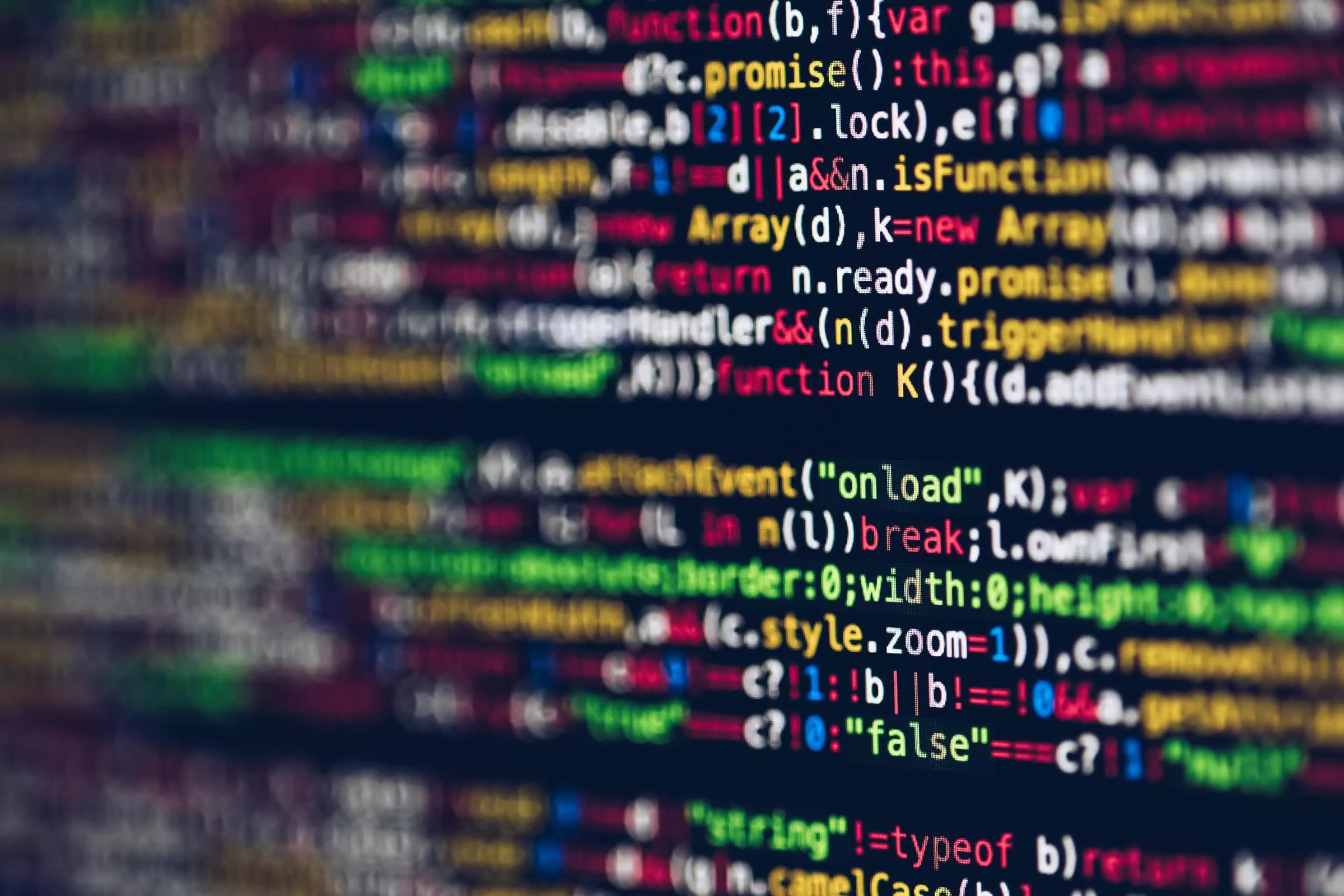NATO countries, including Britain, are engaged in a “covert cyber war” with Russia, the government has warned, ahead of a speech to warn that Vladimir Putin is prepared to launch a series of cyber attacks in his bid to shore up support for Ukraine weaken.
Work and Pensions Secretary Liz Kendall called for vigilance amid the threat of cyber war with Russia, saying: “We need to be absolutely vigilant about this as a government, but also in business and wider society to protect ourselves from those cyber hacktivists .”
Her comments on Sky News’ Sunday Morning with Trevor Phillips program come ahead of a major speech from Chancellor of the Duchy of Lancaster Pat McFadden this week, in which he will say Moscow “will not think twice” about exploiting defense gaps to to target British companies.
Trusted news and daily treats, straight to your inbox
See for yourself: The Yodel is the source for daily news, entertainment and feel-good stories.
In a speech at the NATO cyber defense conference at Lancaster House, McFadden is expected to warn that cyber interference allows Russia to “turn out the lights for millions of people” and represents the “hidden war” it is waging against Ukraine.
He will say: “Given the scale of that hostility, my message to members today is clear: no one should underestimate the Russian cyber threat to NATO. The threat is real. Russia is exceptionally aggressive and reckless in the cyber domain.”
Kendall said on Sunday that her colleague was right when he said: “Not only is there an open military war with Russia as the aggressor, but there is also a hidden cyber war and that Russia will do everything in its power not only within Ukraine destabilize. but among NATO allies.”
What is a cyber attack?
According to the National Cyber Security Center (NCSC), a cyber attack is: “an attempt to damage, disrupt, or gain unauthorized access to computer systems, networks or devices.”
A description on NATO’s website describes cyber threats as “complex, destructive and coercive” and “increasingly frequent.”
It says: “Cyberspace is contested at all times and malicious cyber events occur every day, from low-level attacks to technologically advanced attacks.”
Cyber attacks can take various forms, from hacking into government systems to causing chaos by affecting infrastructure and other systems, as examples given in McFadden’s speech, in which he will say: “Military hard power is one thing. But cyberwar can be destabilizing and debilitating.
“With a cyber attack, Russia can turn off the lights for millions of people. It can shut down the power grids. This is the hidden war that Russia is waging with Ukraine.”
Jake Moore, global cyber security advisor at software company ESET, told Yahoo News UK: “Britain remains a target for state-sponsored attacks, with countries like Russia very active in cyber espionage and surveillance.
“Cyber attacks at this level are aimed at stealing sensitive government and corporate information, disrupting critical infrastructure or even conducting espionage and therefore no expense should be spared when it comes to the defense budget.
“Attacks by nation states can often be extremely difficult to defend against, but the level of disruption can be limited when additional resources are deployed to contain the intrusion and limit damage.
“Attacking critical infrastructure has always been a concern, but the level and sophistication of cyber attacks have increased dramatically in recent years and with the additional use of artificial intelligence, attacks are now becoming more difficult to control.”
Have there been previous cyber attacks on Britain?
McFadden is expected to specifically call out Unit 29155, a Russian military unit that the government says has previously carried out a number of attacks in Britain and Europe.
In September, a joint defense briefing from Western intelligence agencies accused Unit 29155 of carrying out attacks intended to disrupt efforts to help Ukraine resist Russia’s large-scale invasion.
McFadden will also refer in his speech to gangs of “unofficial hacktivists” and mercenaries who are not directly under the control of the Kremlin “but who are allowed to act with impunity as long as they do not go against Putin’s interests.”
Last month, pro-Russian hackers claimed they had targeted several municipalities in a cyber attack. They said it hit council websites, including Salford, Bury, Trafford and Tameside, with a distributed denial-of-service (DDoS) attack, flooding the websites with internet traffic to take them out of service.
Salford, Bury and Trafford councils confirmed their web pages were temporarily affected by a cyber attack.
South Korea – a partner of NATO’s Indo-Pacific region – is also believed to have been targeted in response to monitoring the deployment of North Korean troops in Kursk, where Russia is fighting Ukraine.
The attack was widely blamed on a pro-Kremlin cyber gang, with McFadden warning that such groups act with “disregard” for geopolitics and that “just one miscalculation could wreak havoc on our networks.”
Russia is reportedly planning to carry out cyber attacks on Britain and NATO. (Getty)
How can Britain protect itself against a cyber attack?
Kendall said on Sunday that the government was focused on “making sure we have all the protections we need, including cyber protection”.
McFadden is also expected to set out details of how Britain will look to strengthen its defenses against emerging cyber threats, and how the country will step up cooperation with NATO allies.
He and top national security officials will also meet with business leaders next week to discuss how to protect themselves.
The National Cyber Security Center publishes extensive information on how individuals, companies and organizations can protect themselves against cyber attacks. Measures include security software, as well as measures to detect possible cyber attacks and educate people about possible threats.
Jake Moore told Yahoo: “Infiltration techniques used by cooperating law enforcement agencies continue to disrupt criminal networks by monitoring communications channels wherever possible.
“Additionally, increased spending on cyber awareness training, improved attack simulation, and better backup practices, including the removal of outdated software and hardware, also help reduce risk.”









